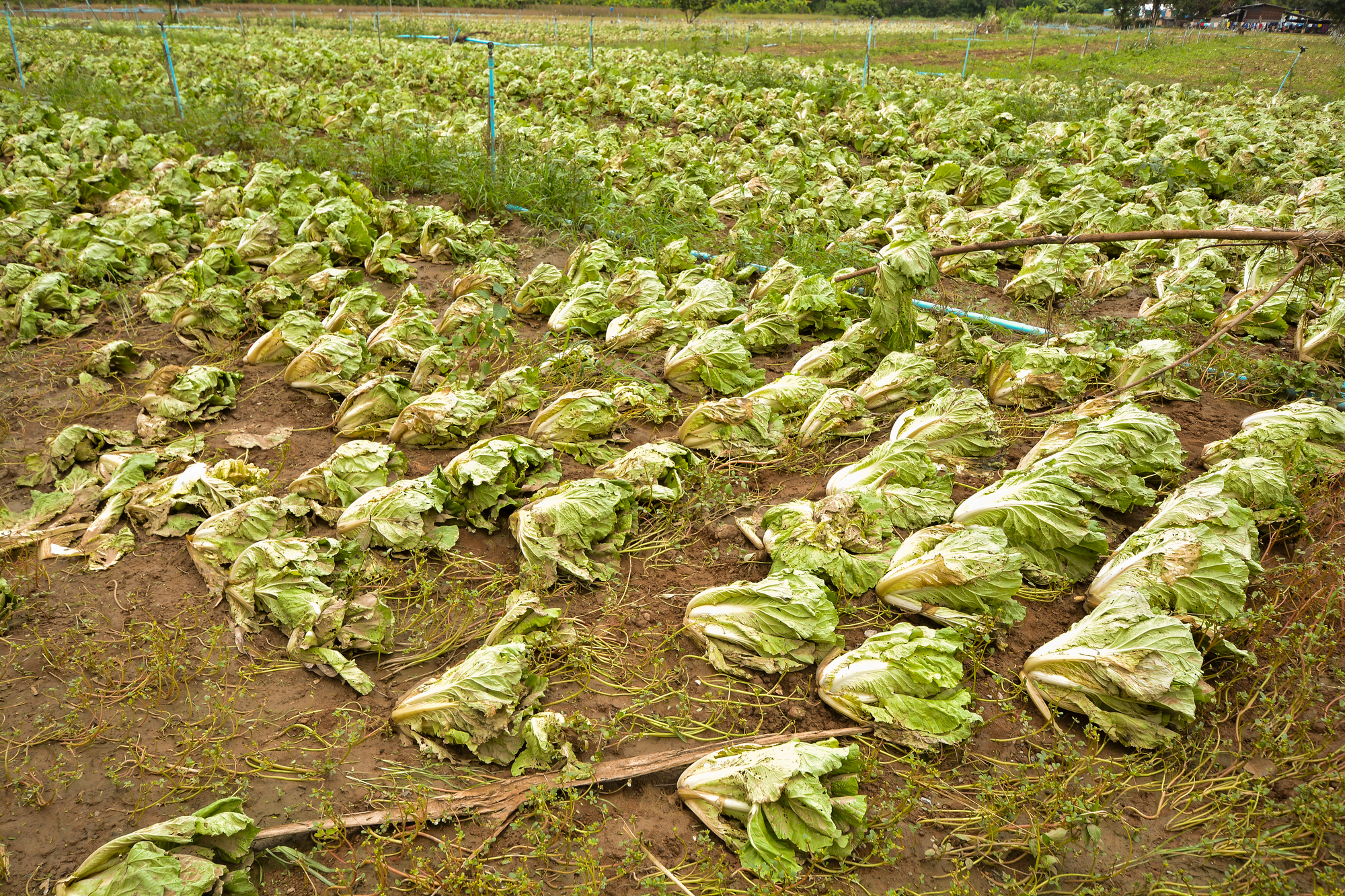

The title and leading message in a report published today in the medical journal The Lancet Countdown sums up what many public health experts around the world worry about: “Health at the Mercy of Fossil Fuels.” The report paints a grim picture ahead of next month’s 2022 United Nations Climate Change Conference (COP 27).
“People around the world are increasingly feeling the impact of climate change on their health and wellbeing and these compounding crises are amplifying those harms. Yet governments and companies in both high- and low-income countries continue to prioritize fossil fuel interests,” the authors wrote in a statement. “This year’s report launches as countries and health systems grapple with the health, social and economic implications of climate change, which now compound the impacts of the global energy crisis, and the ongoing COVID-19 pandemic.”
[Related: The oil and gas industry knew about climate change in the 1950s.]
The report finds that deaths related to extreme heat have increased by two thirds over the last two decades. Multiple temperature records were broken around the world in 2022, including in the United Kingdom where a record of 104 degrees Fahrenheit (40 degrees Celsius) was recorded in July. The extreme heat can exacerbate pre-existing conditions like respiratory disease and even lead to dangerous heat stroke. Long term, these climate effects can impact mental health.
Data from the 2022 report suggests that climate change is currently affecting every pillar of food security. Rising temperatures and extreme weather events threaten crop yields, by directly shortening the growth season of crops by 9.3 days for maize (corn), 1.7 days for rice, and 6 days for winter and spring wheat. The extreme heat was also associated with 98 million more people reporting moderate to severe food insecurity in 103 countries in 2020 than annually between 1981 and 2010.
It also finds that on average, 29 percent more land was affected by extreme drought annually between 2012–2021, compared to what was measured between 1951–1960. These droughts put people at a greater risk of both water and food insecurity.
Climate change is also affecting the spread of infectious diseases. The report finds that the length of time suitable for malaria transmission rose by 32.1 percent in highland areas of the Americas, and 14.9 percent in Africa in 2012-2021, when compared to 1951-1960. The influence of the climate on the risk of dengue transmission rose by 12 percent during the same period. Combined with the continuing COVID-19 pandemic, the rise of infectious disease due to climate change has led to misdiagnosis, pressure on health systems, and difficulties in managing simultaneous disease outbreaks.
[Related: What the final COP26 agreement really means.]
“Our report this year reveals we are at a critical juncture. We see how climate change is driving severe health impacts all around the world, while the persistent global fossil fuel dependence compounds these health harms amidst multiple global crises, keeping households vulnerable to volatile fossil fuel markets, exposed to energy poverty, and dangerous levels of air pollution,” Marina Romanello, Executive Director of the Lancet Countdown at the University College London, said in a statement.
The report includes the work and insight from 99 experts from 51 organizations including the World Health Organization (WHO) and the World Meteorological Organization (WMO), and it was led by University College London. United Nations Secretary-General, António Guterres responded with “the climate crisis is killing us. It is undermining not just the health of our planet, but the health of people everywhere – through toxic air pollution, diminishing food security, higher risks of infectious disease outbreaks, record extreme heat, drought, floods and more.” Guterres was not involved in writing the report.The report concludes with a call to action that could save lives. “Despite the challenges, there is clear evidence that immediate action could still save the lives of millions, with a rapid shift to clean energy and energy efficiency. Accelerated climate action would deliver cascading benefits, with more resilient health, food, and energy systems,” adds Romanello. “With the world in turmoil, governments and companies have the opportunity to put health at the centre of an aligned response to these concurrent crises, and deliver a healthy, safe future for all.”
